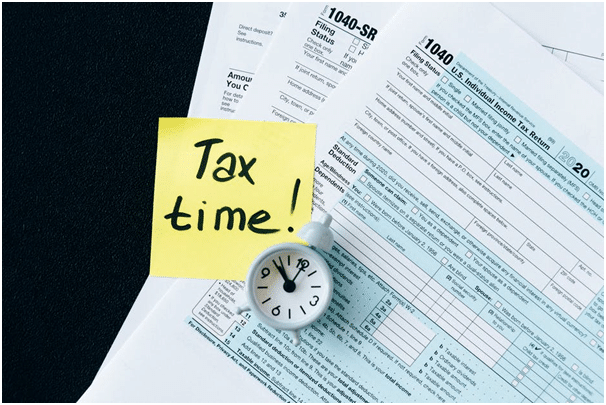Table of Contents

As you may know already, now is not an ideal time to be a landlord. While rents are rising across the US, skyrocketing costs and interest rates have convinced many landlords to sell up and get out of the game.
On top of this, property taxes are rising in almost every state. If you want to make a profit on your income from rental properties, you need to understand how taxes on rental income work.
By staying informed, you can maximize your ROI and offset increasingly high taxes for property owners. Here’s what you need to know.
Declaring Taxes On Rental Income
First, it’s important to know what to declare as income subject to rental property taxes.
While this varies depending on the state where the income is generated, there are some universal rules. Generally, landlords declare income on a “cash basis”.
This means that you report the income as you receive it, rather than as it is “earned”. So, this would mean that a one-year rent advance would be 100% included in this year’s tax declaration.
If no rent was paid the following year (because the tenant already paid in advance), then your rental income for 2024 would be zero.
Deposits are only ever counted as rental income if the money is not part of a deposit return scheme. Basically, any cash that your rental property generates for you needs to be declared as income from rental properties.
Deducting Taxes On Rental Income
When paying taxes on rental income, it is important to note that only your net income is generally taxable (there are a LOT of ways to interpret this). Basically, any necessary expenses – such as maintenance – can be deducted from your tax bill.
In many states, property taxes and mortgage interest rates are also tax-deductible. Note that “discretionary” spending, such as fancy new furniture, is not tax deductible.
Crucially, you can also deduct “depreciation” from your tax bill. This means any reduction in the value of the property can be used to lighten your liabilities. All of this is very difficult to do successfully without professional help.
You should always used a reputable rental asset management services such as Balanced Asset Solutions, which can make your tax deductions on your behalf.
Reporting Taxes On Rental Income
Before paying taxes on rental income, you need to report your income the correct way to the IRS.
This is not too difficult. You can report your rental income with a standard 1040 Form. Just remember to add a Supplemental E Form to report your rental expenses.
If you are reporting depreciation, you must also use a separate 4562 Form. Always use an accountant when reporting rental income, as one mistake could cost you thousands in deductions.
Doing Better Business In An Uncertain World
Taxes on rental income can be confusing, and subject to change. In order to keep doing good business in an uncertain world, you need to stay on top of these developments and use them to your advantage.
For this, we have got you covered. Make sure to consult our expert-curated business pages for the updates you need to do better business in 2023 and beyond.